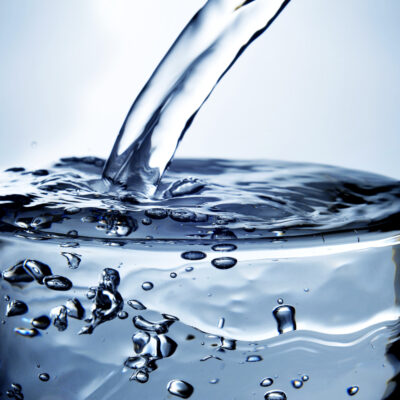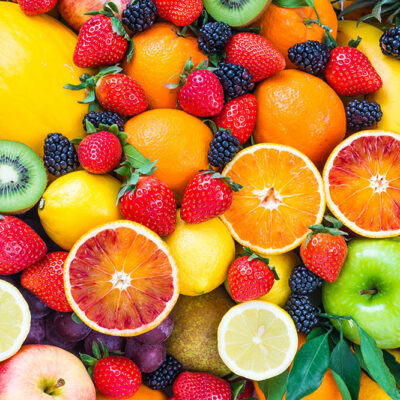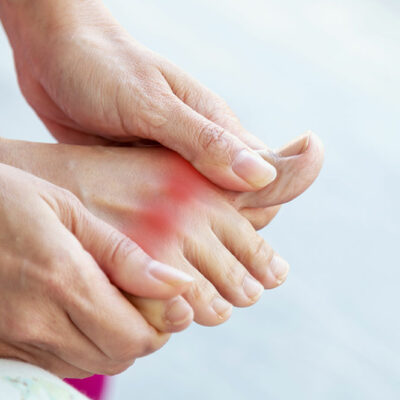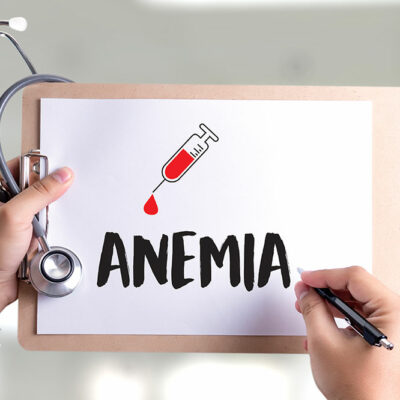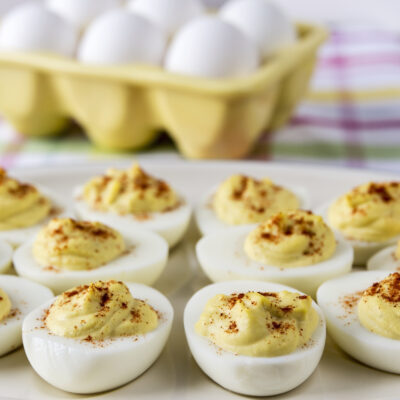
Healthy Eating
6 Foods That Help Manage ADHD
Attention deficit hypertension disorder, or ADHD, is a mental health condition that affects approximately 9.4% of children and 4.4% of adults in the United States. A child or adult with ADHD may experience symptoms of restlessness, difficulty concentrating and impulsivity. Although ADHD is normally treated with a stimulant such as Adderall, many studies have proved that eating certain types of foods, like the following, can help improve symptoms: 1. Blueberries Blueberries are known for fighting against diseases and slowing down the aging process. The good news is that it is easy to incorporate them into your diet. You can also use them as snacks anytime or add them to morning oatmeal. Considering the fact that berries have neurocognitive benefits, they can be great for people with ADHD. These fruits also help in combating toxins and protect the brain from stress and degeneration. 2. Red peppers Red peppers contain capsicum. They are very nutritious with a lot of health benefits. They have antioxidants known as carotenoids that can minimize inflation, improve ADHD symptoms, and reduce the risk of cancer. Research has shown that people who use different types of pepper have increased concentration and alertness. 3. Brazil nuts Brazil nuts originate from South America.
Read More 